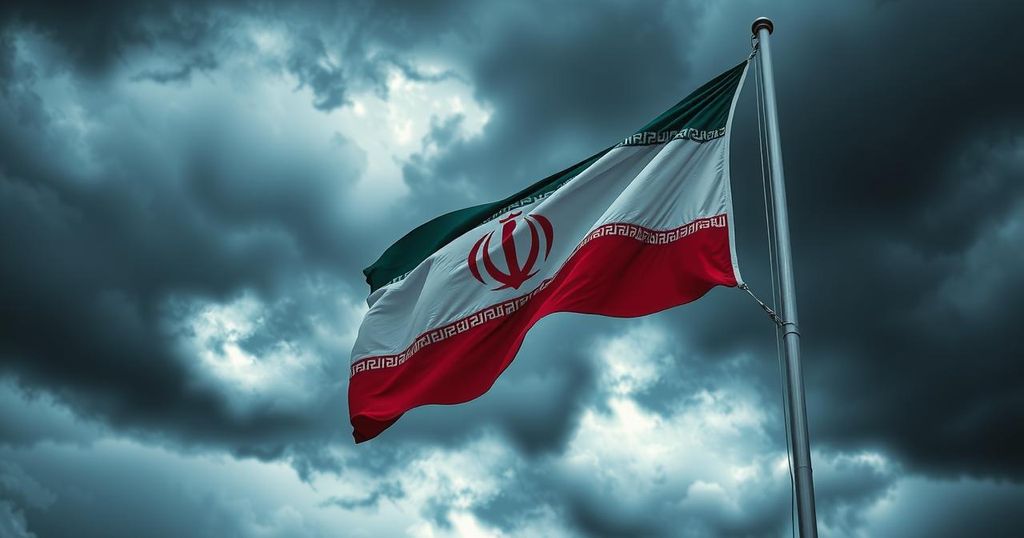As of November 2024, REACH reports severe impacts of Mali’s security issues on border areas with significant insecurity, flooding, and rising prices being reported from numerous localities in Tombouctou and Ségou. Displacement rates are concerning, with many people forced to leave their homes, particularly in Ségou.
A recent report from REACH highlights the security challenges plaguing Mali, particularly impacting border areas in Mauritania, Senegal, and Guinea as of November 2024. Humanitarian Situation Monitoring in the Central Sahel indicates that from July to October 2024, a staggering 97 percent of assessed localities in Tombouctou and 73 percent in Ségou experienced disruptions due to insecurity, violence, or looting. Notably, all surveyed localities within the Goundam and Gourma-Rharous circles of Tombouctou reported being affected, alongside 97 percent of localities in the Niafunké circle, adjacent to Mauritania.
Additionally, flooding has significantly impacted these regions, with 72 percent of localities in Tombouctou and 62 percent in Ségou affected. Rising basic market prices further exacerbate the situation, impacting 58 percent of localities in Tombouctou and 43 percent in Ségou. These combined shocks have created a challenging environment for local populations.
The monitoring also revealed alarming levels of displacement, with individuals being forced to leave their homes in 34 percent of assessed localities in Tombouctou and 23 percent in Ségou. Although many displacements occurred within the same region, it is notable that in some localities, the proportion of individuals fleeing exceeded 50 percent, particularly in 24 percent of locations in Ségou that reported such significant movements.
In conclusion, the deteriorating security situation in Mali has led to severe humanitarian implications for its border areas, demonstrated by high levels of insecurity, flooding, and increased market prices. The displacements recorded indicate that a substantial number of residents are being forced to relocate, further complicating the humanitarian landscape in the region.
Original Source: www.unocha.org




